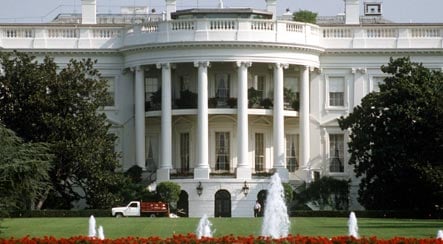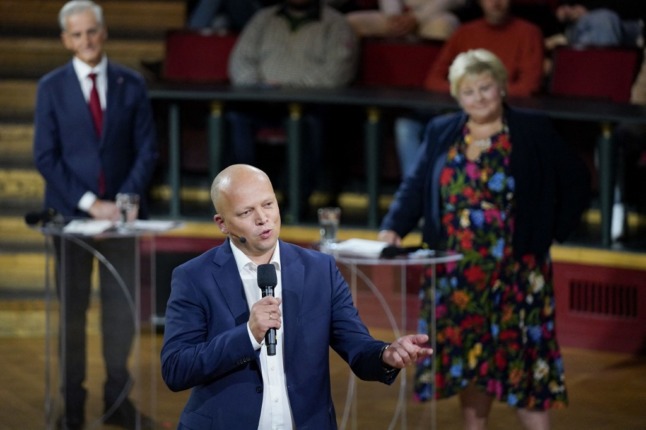In recent weeks I’ve been dreaming each night that the next US president will manage what no “America expert” has been able to do: make clear to the German public that US presidents are elected to champion American interests and not fulfill German wishes and desires.
I hope he will be able to explain to Germany’s countless America fans and groupies that he can’t walk on water and will only be able to implement his policy priorities with the support of his institutional counterparts in Congress – who will also be elected on Tuesday.
Many observers in Germany and Europe forget that Congress – that is the US House of Representatives and one-third of the Senate – face re-election this month as well. The two houses have a sizable impact on forming American foriegn policy within the US system of checks and balances. Representatives and senators are first and foremost fixated on the needs of voters in their districts or states. They are more guided by the positions of their local constituency than following party discipline on most issues. With the background of the current global financial crisis, this election could very well strengthen the already widespread protectionist and isolationist tendencies of many American legislators.
The mood of the American public and newly elected Congress will make it difficult for the next president to take a radically new course in US politics – which points to new potential transatlantic problems on the horizon. Disputes between the United States and Europe are likely to increase regardless who ends up winning the US presidential election, making it that much more important for German politicians to reach out to their American partners. That means not just focusing on who’s in the White House, but also giving more attention to members of Congress.
Dr Josef Braml is a member of the Transatlantic Relations department of the German Council on Foreign Relations.Translation by The Local.



 Please whitelist us to continue reading.
Please whitelist us to continue reading.